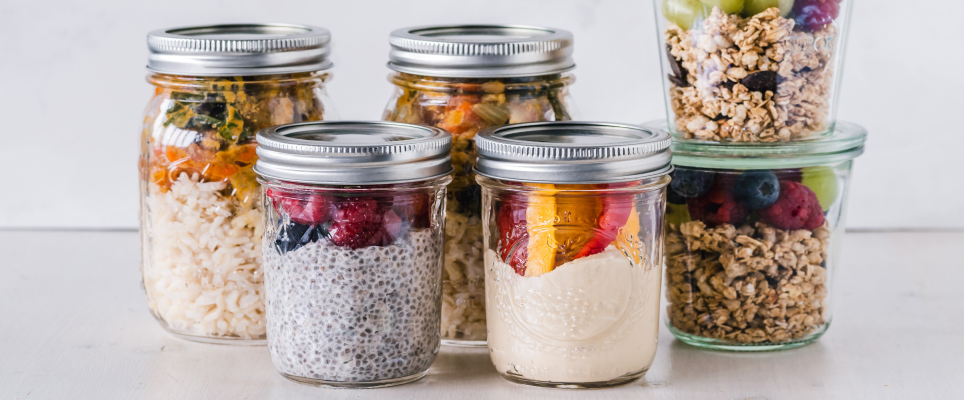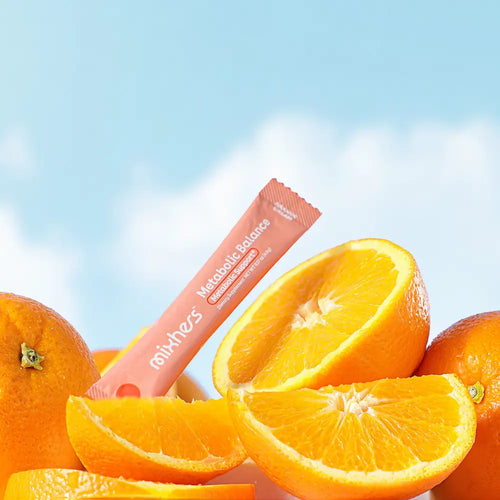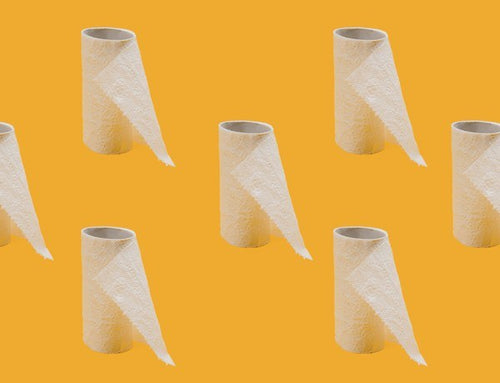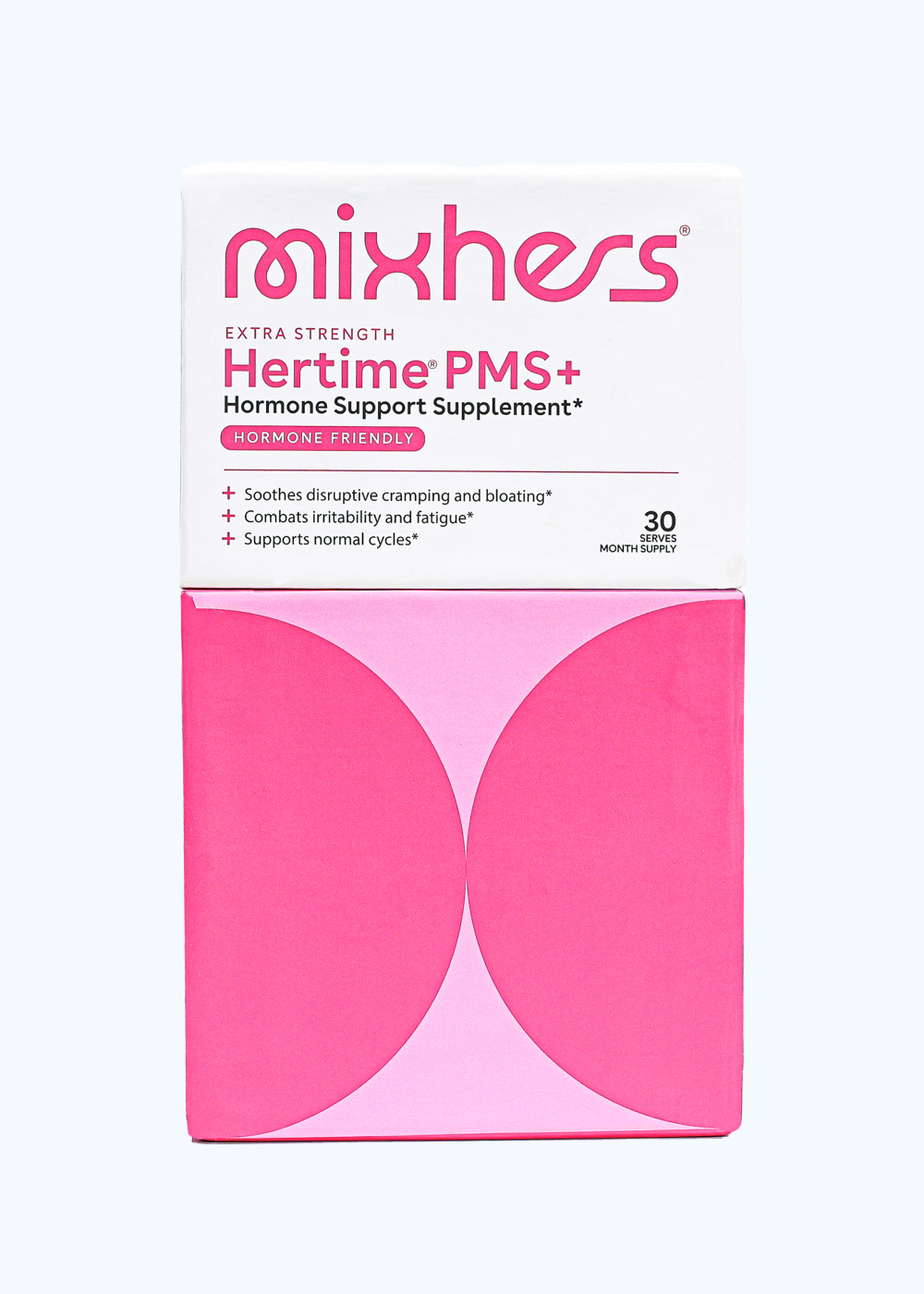Essential nutrients are substances found within the foods we eat. They cannot be made by our bodies. We need essential nutrients to perform basic body functions. The term "nutrient" encompasses a wide range of substances, including vitamins, minerals, lipids, carbohydrates, water, and proteins. All of these substances help the body maintain optimal overall health and function.
Not all nutrients are "essential." Non essential nutrients are nutrients that are made by the body. This means that if our bodies are functioning correctly, we don't have to get these nutrients from the foods we eat. Non-essential nutrients include:
- Vitamin D (which is synthesized by sunlight)
- Vitamin K (produced by intestinal bacteria)
- Certain amino acids
Even though these are considered non-essential nutrients, we may still need to supplement with them or get them from dietary sources if our body doesn't have enough of them. For example, some people don't get enough sunlight to stimulate sufficient production of vitamin D. Others may simply be unable to make enough vitamin D for their body's needs regardless of how much sunlight exposure they get.
Nutrients are considered conditionally essential nutrients if they are normally produced by the body in sufficient amounts but due to certain disorders, they are inadequately produced by some. As discussed, some people are unable to produce sufficient vitamin D for their needs. In their cases, vitamin D would be considered a conditionally essential nutrient.
In the remainder of this guide, we will focus primarily on essential nutrients and how to make sure you're getting enough of them. Essential nutrients can be divided into two main categories: macronutrients and micronutrients. Here's what you should know about each of these categories.
Macronutrients are those that our bodies need in large amounts. They include:
- Carbohydrates
- Lipids (fats)
- Proteins
- Water
Macronutrients provide our bodies with cellular energy (in the form of calories). Water is also a macronutrient, but it doesn't provide any calories like the other macronutrients do.
Carbohydrates are composed of hydrogen, carbon, and oxygen. They can be classified as simple carbohydrates, complex carbohydrates, and simple sugars (depending on their chemical structure).
Major food sources of carbohydrates include grains, starchy vegetables (such as sweet potatoes or potatoes), fruits, and milk. Non-starchy vegetables contain some carbohydrates, but not as many as their starchy counterparts. Simple sugars include glucose (the type of sugar that's circulating through our bloodstream), and sucrose (also commonly known as table sugar).
Generally, complex carbohydrates such as whole grains, beans, and other starchy vegetables are healthier to eat because they are broken down slowly by the body. Simple carbohydrates such as white bread, cake, and sugary treats are broken down more quickly by the body.
Since all carbohydrates eventually turn into sugar, it's better to eat complex carbohydrates so your system isn't suddenly flooded with more glucose than it can handle. Fiber is a type of complex carbohydrate that is not fully broken down or completely digested by the body. But dietary fiber is still an important nutrient for good digestive system function because it helps add bulk to the stool and escorts other waste products out of the body.
Lipids (fats) are made up of hydrogen, carbon, and oxygen, but they differ from carbohydrates because they are not soluble in water. Triglycerides, sterols, and phospholipids are the three main types of lipids. When compared to carbohydrates, lipids provide more energy (calories) per gram (nine kilocalories per gram of fat compared to four kilocalories per gram of carbohydrates).
The primary duties of lipids are to help provide the body with energy and to store energy for future use. They also help protect organs (in fat-storing tissues), help make up the structure of cell membranes, and regulate other body functions. Lipids are found primarily in oils and fats, butter, nuts, dairy foods, seeds, meats, and processed foods. Some lipids are much better for us than others. While it may be more fun to get lipids from pastries and fatty steaks, those aren't the types of lipids your body needs. Instead, try to consume omega 3 fatty acids from healthier sources such as seeds, nuts, and fatty fish.
Proteins are composed of amino acids, which are subunits made from carbon, hydrogen, oxygen, and nitrogen. Proteins are very important in the fitness community because they are so important for building muscle and providing structure to the skin and bones. Protein can also provide the body with energy. It is one of the essential nutrients our bodies need to be strong and thrive.
Scientists estimate that the human body contains more than 100,000 different proteins! If we don't consume enough protein for our body's needs, we experience symptoms such as increased illness and infections, reduced muscle mass, slower wound healing times, and fatigue. Prolonged protein deficiencies can cause much more serious symptoms, such as fatty liver disease, stunted growth (in children), and a greater risk of bone fractures.
Good food sources of protein include meats, seafood, some plant-based foods, and dairy products. Proteins give us four kilocalories of energy per gram.
Water doesn't contain carbon and doesn't provide our bodies with energy in the form of kilocalories, but it is still an essential nutrient. We need large quantities of it to stay alive and to feel our best. Our bodies are composed of more than 60% water. Without adequate water, our organs would begin to shut down and our body temperature would fluctuate dangerously. Drinking sufficient water is extremely important to our overall health.
Now that we've gone over macronutrients, let's dive into micronutrients and why our bodies need them. Micronutrients can be divided into two categories: vitamins and minerals. Most of us are pretty familiar with each category of micronutrient, but we may not be as familiar with what vitamins and minerals do for us and why we need them.
Here's an overview of the various vitamins and minerals our bodies need to look and feel their best.
Essential vitamins include:
- Vitamin A
- Vitamin D
- Vitamin C
- Vitamin E
- Vitamin K
- Thiamin (Vitamin B1)
- Niacin (Vitamin B3)
- Pyridoxine (Vitamin B6)
- Riboflavin (Vitamin B2)
- Pantothenic Acid (Vitamin B5)
- Biotin (Vitamin B7)
- Cobalamin (Vitamin B12)
- Folate (Vitamin B9)
Some of these vitamins are fat soluble vitamins (which means they are absorbed and transported in a way that is similar to that of fats and can be stored in the body). Others are water-soluble (meaning they dissolve in water and need to be replenished daily).
Minerals are inorganic, solid substances that are required in the body only in very small amounts. Here are the essential minerals our bodies need:
Macrominerals
- Calcium
- Potassium
- Phosphorus
- Sodium
- Sulfur
- Magnesium
- Chloride
Trace Minerals
- Iron
- Iodine
- Zinc
- Selenium
- Manganese
- Copper
- Fluoride
- Molybdenum
- Chromium
Some minerals help maintain fluid balance in the body while others transmit nerve impulses, build bone tissue, or perform other important functions in the body. To make sure you're getting adequate nutrient intake, it's important to refer to dietary guidelines and supplement your diet with essential amino acids, vitamins, minerals, and healthy fats as needed.
We only need a few milligrams or less of trace minerals. Our bodies require larger amounts of macrominerals. The United States government has established a Recommended Dietary Allowance (or RDA) for the various essential nutrients required for good health. Manufactured food products and supplements are required to show the RDA percentage for each nutrient contained in the products on the label. This makes it easy for consumers to look at food and supplement labels to see how many essential nutrients they contain and the RDA percentage per serving.












